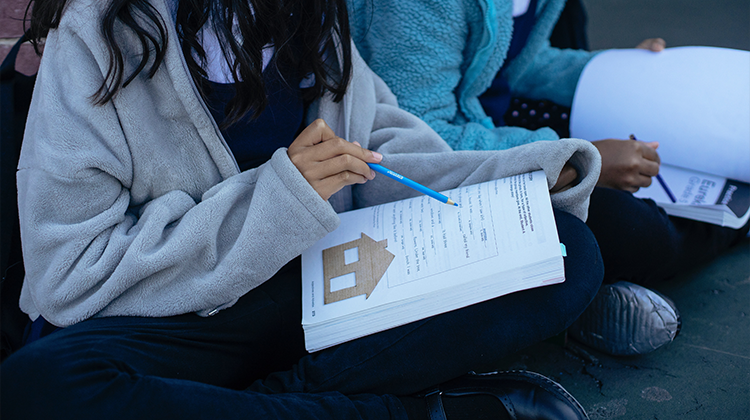Hello students all over the world.
Today, for this new article I have chosen the taboo topic for every student: the "THEterminative" articles as I call them, or more simply the determinative articles.
If in English "the" is one and only, we Italians like to complicate our lives a bit in all things and here are some examples:
Most words often have more than one meaning so you have to figure it out from the context, the problem is that a sentence can mean several things so you have to figure it out from the intonation, but if we are writing a message, how do we do that? Speaking of messages, we don't have abbreviations like ASAP, 2DAY, 4U, etc., but we have to necessarily write and say everything in full, so to say in Italian what would be said in English with 4 simple letters (ASAP) we will say "il prima possibile" or even "nel minor tempo possibile”.
But isn't this the beauty of the Italian language? The variety, the antiquity, the musicality--in short, the Italianness! Although, this matter of saying everything in Italian is getting a bit out of hand. In fact, it was just a few days ago the news that in Italy they are trying to diminish the words of other languages now adopted in our daily life, which to me seems absurd in 2023 (which by the way we don't call “20-23” but "duemilaventitrè" so as not to lose the habit), in short I was saying that it seems counterproductive to me this business of banning other languages at a time when the world is going in the direction of globalization.
But that's another story, back to us.
As you may have guessed from this foreword, short or not, you will be the one to say, because usually when they say it is a "small preface," then small it never is, we can talk about "THEterminative" articles.
I am here to tell you that they are much simpler than they seem even though I agree that they can be scary in that they are more than a few.
Let's start by calling them by name.
Here I introduce them to you.
There are 6 siblings and they are: IL, LO, LA, I, GLI, LE and L'. Which they teach us in school as a ditty so that we remember them all.
We distinguish them into two categories to make it simple: Masculine and Feminine (which for simplicity in this article we will denote by M and F, where M stands for masculine and F for feminine) and Singular and Plural (S/P).
So far so good, right? But how to use them now that we know them?
Here is the rule I have used with all my students and have been successful 100% of the time (students listening, can you confirm?)
Let's start with LO= we use it with M S words (remember? Masculine singular) that begin with some duo of letters that I call special, and they are: st (lo stadio), sp (lo sport), ps (lo psicologo), pn (lo pneomatico), gn (lo gnomo) and z (lo zaino);
Let's move on to IL= this is easy: if an M S word does not start with a vowel or a special duo, then let's use him! (il gelato, il maestro, il tavolo).
I= is simply the plural of IL, so we use it for words that begin with vowels but are plural, so M but this time P. (i gelati, i maestri, i tavoli)
GLI= is the plural of LO is L' so we use it the same way but of course with words M but P (so with words beginning with st, sp, ps, pn,gn and z)
(Gli sport, gli amici, gli zii, gli esercizi).
For the masculine we have finished, now we move on to the easiest part, the feminine. Despite being told that we are more complicated than men, this is not the case for articles!
We use LA for all F S words that do not begin with vowels (so even with specials, it makes no difference). (La maestra, la maglia, la parola).
While LE, for all F P words (le maestre, le maglie, le amiche, le parole, le spine)
Easy, isn't it?
Have you taken notes? Now how about trying this short exercise to practice what you learned today?
Try putting the right article for these words:
__ sport
__ gelato
__ famiglia
__ tavoli
__ amici
__ mamma
__ maestre
How did it go? Let me know in the comments!
I hope I've been helpful, but before I say goodbye I want to thank you for the requests that have come in this past month to have lessons or embark on a path together but I have to inform you that unfortunately I'm not currently accepting lessons on italki because I have a full-time job that doesn't allow me to find the time to do this as well, however I hope to come back soon (maybe on the weekend) to meet new and old students (whom I'm particularly fond of and for whom I take this opportunity to thank them for what we spent together)!
Best regards and I look forward to seeing you in the next article!
Ciao.







